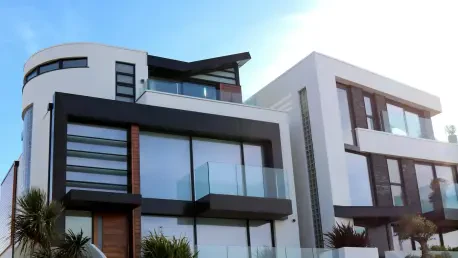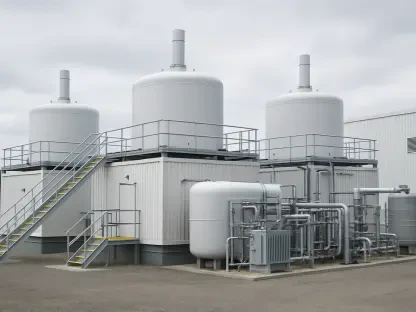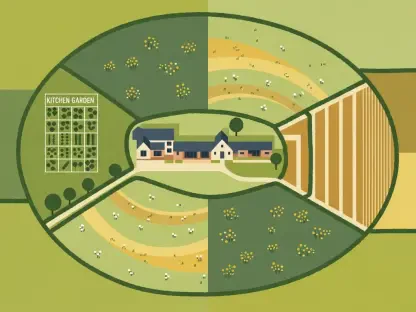What will the future of urban housing look like as cities grapple with the twin challenges of rapid population growth and climate change? In Bristol, a city at the forefront of tackling these pressing issues, an innovative housing initiative has emerged, promising to redefine the way cities address urban living needs while championing environmental sustainability.
A Solution to Urban Housing Woes
Bristol has been confronting a significant housing shortage, affecting thousands of residents who face increased costs and limited options. This shortage is entwined with broader sustainability concerns, as traditional housing developments often exacerbate environmental issues. In response, Bristol’s ambitious project, part of the UN Habitat Climate Smart Cities Challenge, takes aim at these intertwined challenges. By constructing net zero homes, the city sets a new benchmark in sustainable urban development, addressing crucial housing gaps while minimizing environmental impact.
The EDAROTH Model: A Game Changer in Construction
At the heart of this groundbreaking project, Bristol City Council has partnered with EDAROTH, a pivotal collaboration spotlighting innovative solutions to housing and environmental issues. The project includes constructing 25 net-zero homes, evenly split between 13 houses and 12 apartments. Central to its innovation is offsite manufacturing—a method that facilitates construction up to 50% faster than traditional techniques and significantly reduces neighborhood disturbances, setting a promising precedent for future council housing projects.
Collective Efforts: A Symphony of Expertise
As part of this collaborative effort, both city officials and EDAROTH leaders provide insight into the transformative nature of eco-friendly housing. Bristol City Council representatives praise the initiative, emphasizing its alignment with the city’s green aspirations and housing goals. Housing experts echo the sentiment, underscoring the critical importance of integrating sustainable practices into urban development models. Local communities appreciate the focus on affordable and environmentally conscious housing, which strengthens community bonds while introducing essential infrastructure within existing neighborhoods.
Modeling Future Urban Development
Replicating this success beyond Bristol requires strategic application of best practices in urban planning. Overcoming the inherent challenges of small-site developments is crucial, and the Bristol model offers a template worth considering across other cities. As a potential national standard, this initiative demonstrates effective utilization of limited urban spaces for housing development. Strategies such as optimizing site layouts and leveraging collaborative partnerships showcase Bristol’s project as a cornerstone in sustainable urban development.
Paving the Way for Future Generations
With the project’s completion, Bristol has set a precedent in sustainable urban living. The partnership between local authorities and private organizations illustrated how systemic and cooperative approaches could manage urban housing challenges efficiently. This initiative will likely inspire similar projects across various cities, providing a substantial solution to housing shortages while maintaining environmental integrity. As new generations redefine urban landscapes, the lessons learned from Bristol’s initiative will play a crucial role in shaping a sustainable future.









